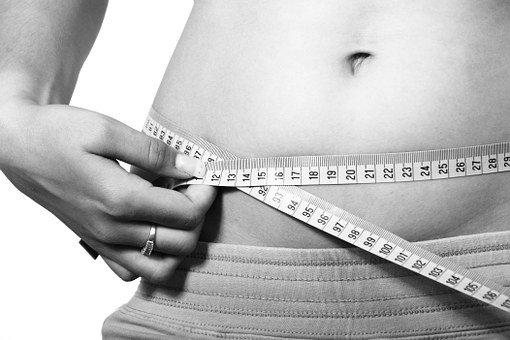Special Offer! Extra 5% with Razorpay
Special Offer! Extra 5% with Razorpay

A new unhealthy trend has been gripping many people these days and that is stress eating, or emotional eating as it is often also referred to. The basic premise of this fad is based on the human psychology of seeking comfort through some external sources when faced with certain anxiety inducing situations. It basically means that humans tend to “eat their feelings” and this has found enough mention in popular culture as well. Although eating unhealthy junk food can provide us with the illusion of comfort for sometime, it is often short lived and is usually followed by immeasurable guilt about having indulged in it.
For many people all over the world, it is difficult to differentiate between actual hunger and unnecessary emotional eating. While it does tend to feel comforting and good in that moment, it can spell trouble for your physical as well as mental health over time. Constantly engaging oneself in stress eating can be the herald of common but serious health problems like obesity, hypertension and diabetes. This is also a form of control that people try to exercise in their lives when everything else in the world is not going according to their plan. While it is not entirely possible to change what is going on currently in the outside world, it is completely in our hands to know how to avoid binge eating whenever we are feeling stressed. Read on to know all about it.
- Try To Figure Out The Root Cause:
Stress eating can occur due to a number of different underlying factors like stress, anxiety or tension, among other things. While it is not always an easy task to pinpoint just one particular thing which you may be feeling as it is usually a mix of everything in different proportions, try to find the root cause of why you are feeling all of those things. It may be because of the COVID situation outside, it can also be due to extreme work stress or it can even stem from the fact that we all are not getting to meet our family and friends physically these days. Whatever it is, try to mitigate the situation to avoid feeling negative about it. Plan your day better to avoid last minute work stress, schedule video calls with your near and dear ones or get the vaccine to feel more at ease.

- Find Other Healthier Venting Alternatives:
While binge eating may be your coping mechanism, try to find other alternatives which are healthier and can ease your anxiety at the same time. Productive activities like journaling can actually help you to vent out your feelings and aid you in figuring out what exactly are you feeling and what can be a possible reason for the same. Talking to loved ones can also make you feel infinitely better. You can also try to pick up a hobby to get your mind off things, even if just for a little while.
- Keep Snacks Hidden Away:
A great thing which tends to work perfectly in this case is being out of sight and out of mind. This basically means that if you keep your unhealthy binging snacks hidden away in a corner instead of in plain sight, you will be less likely to binge on them. Usually stress eating occurs when something is easily accessible to you and you eat it unmindfully. This can also stop if you make it a point to not buy unhealthy snacks when you go grocery shopping.

- Eat Your Meals At Proper Timings:
Sometimes binge eating can stem from being hungry and not having your meals at proper times or having a huge time gap between two of your meals. An extremely effective way to combat it is simply to eat your food at regular timings and to not skip on any meals as this can lead to binging later. Also if you tend to feel hungry at a particular time in the day, try to plug it by slightly shifting your meal times towards that hour.
- Turn In To Sleep Earlier:
Many studies and research over time has suggested that a lot of stress eating and binging on unhealthy food occurs at night once it has been a good number of hours after dinner. Since late nights can prove to be a major catalyst in getting you to binge unnecessarily, a logical solution to this problem can be just to sleep earlier. Avoiding staying up late at night can also help in curbing your hunger pangs which can arise post dinner. This habit can also ruin your appetite for the next day and forms into a vicious cycle which is then difficult to get out of.

- Switch Out Your Junk With Fruits & Vegetables:
If you still feel like snacking on something even after following all of the above points, you can try indulging in healthier versions of snacks that you tend to usually eat. If eating fresh fruits and vegetables is not up your alley, you can try mixing them up and making easy salads with them. The best part about these is that along with being healthy, they are quite filling as well and they will surely help to calm down your hunger pangs.
- Keep A Check On Your Health:
When you notice yourself binge eating, try checking your vitals with a digital blood pressure monitor, glucometer or a body fat analyser to stay on top of your health. It becomes increasingly important to keep your health in check when you regularly binge eat as that can have an adverse effect on your body with wreaking irreparable damage on it in the long run. Once you do stop stress eating, you will notice a positive change in your readings that you can get with the help of the healthcare devices mentioned above.

While stress eating is a common reaction of the body to undesirable feelings of anxiety due to uncertain circumstances, it is important to reel in this urge to safeguard our bodies from common health issues which may arise as a result of this. Do let us know if these tips worked for you!